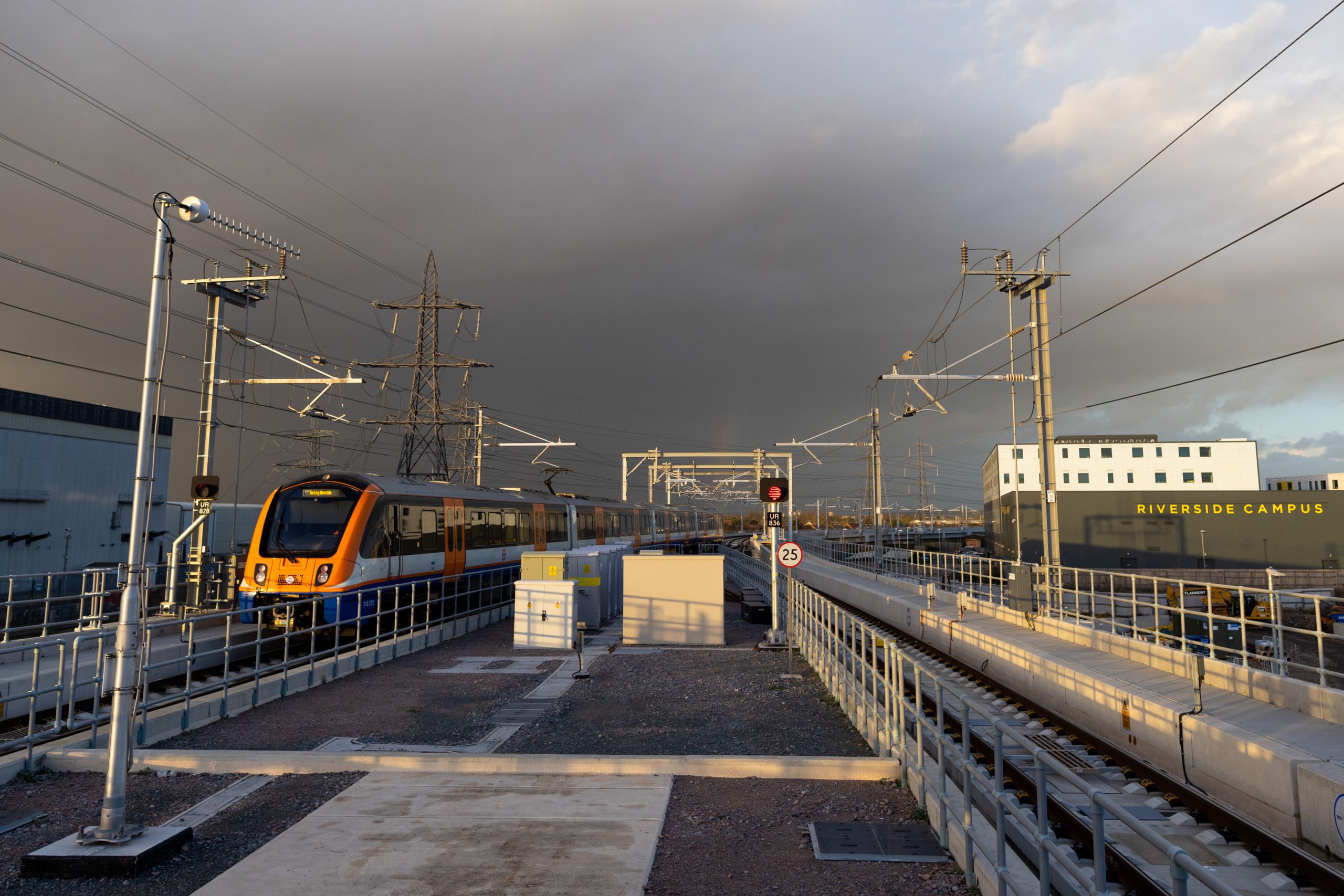As if trains aren't already expensive enough, living near a railway line with reliable service 'costs 122% more'
Buying a home close to a top-performing train station could pay dividends for your commute — but it'll hit you in the pocket, as new research shows just what a premium you'll pay for living in a location with a decent service. Annabel Dixon takes a look to find out how much it costs to live near a good station.


Exquisite houses, the beauty of Nature, and how to get the most from your life, straight to your inbox.
You are now subscribed
Your newsletter sign-up was successful
Are you back on the commuter train now the summer holidays are well and truly over?
We can only hope it's going well. You may be one of the lucky ones with a smooth-running journey... but there's every chance that you've already been hit with delays, cancellations and overcrowding.
Not all services are equal, though, so for those looking at moving out of the city the idea of buying a home close to a train station with a decent, reliable service could be just the ticket. Sadly, it seems that you'll have to pay a premium for the privilege, in addition to the £5k+ cost of a season ticket that many commuters now face.
The personal estate agent platform eXp UK cross referenced house prices and train service quality, looking specifically at how much property costs across the postcodes of the top 20 and bottom 20 train stations. The rankings are based on an overall performance score — based on punctuality and train cancellation frequency — of the 100 busiest stations in the UK over the last three months.
The results were clear, and slightly shocking: homes near the top 20 train stations are worth a whopping 122% more than property close to the bottom 20.
Average house prices near the top-performing train stations — where typically just 2% of trains are cancelled — stand at £478,000.
And at the other end of the spectrum, typical property values near the bottom 20 stations — with an average 7% of trains being cancelled — are a more modest £215,400.
Exquisite houses, the beauty of Nature, and how to get the most from your life, straight to your inbox.
"It’s possible to have a reliable commuter service in an area where house prices are relatively affordable"
Of course, the suggestion that transport impacts local house prices is not new. Remember the old adage ‘Location, location, location’? And eXp UK’s research doesn’t look at the premium you’d pay for a house close to a station compared with values in the wider area.
On top of that, it's hard not to feel that a few outliers might have skewed the results. Preston, for example, which apparently has the worst train cancellation rate in the country at 12%, and average house prices of just £131,000.
And while commuters in London may be shocked to hear this, 15 of the best-performing 20 stations are apparently in the capital, pulling up average prices considerably. Not that some of the residents will be worried about trains: homes near London Fenchurch Street (which has a cancellation rate under 1%) average a cool £1.62m, but we doubt many of those local residents are using trains to get to work. The most affordable place in London with decent train service, incidentally, is Barking, which has an average price of £328,900.

So where should you go for the ultimate combination of affordability and decent trains? Moorfields, in Liverpool, is the answer. With nearby homes costing £108,000, it is ‘by far the cheapest region with a strong railway service’, according to eXp UK. It’s followed by Glasgow Central (£177,000) and Norwich (£208,300).
As for the places that have the double-whammy of high prices and awful trains? Bath Spa comes out worst of all, with an average price of £457,000 allied to one of the worst performance train scores in the study. Apparently less than half of trains to and from the city arrive on time.
‘Our research suggests that digging deep could provide homebuyers with a more reliable commute. That’s especially the case in London, where stations outperform much of the rest of the UK in terms of cancellations and delays,’ says head of eXp UK, Adam Day.
He adds: ‘Not that every area fits that trend, as Glasgow, Norwich, as well as Moorfields in Liverpool, all prove that it’s possible to have a reliable commuter service in an area where house prices are relatively affordable.’

